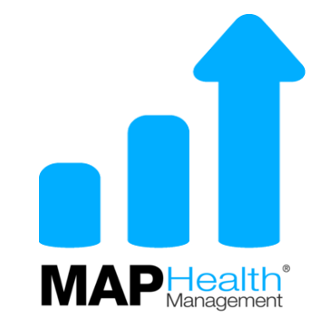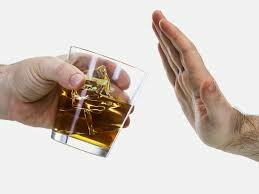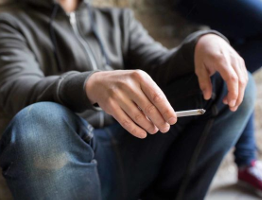Connection: Your Silver Cord in Recovery
June 20, 2016 Patricia V. Pavkovich
Connection: Your Silver Cord in Recovery

In the metaphysical world there is mention of a silver cord. It keeps you tethered to your physical earthly body while you roam about on the spiritual plane. Some mystics also refer to it as a sort of spiritual umbilical cord that keeps your soul and body connected.
When I think of recovery the silver cord that keeps me tethered to my physical body is connection. The matrix or fabric of this connection is a myriad of my fellow peers in recovery, AA meetings, counseling, the 12 steps, sponsorship, literature, and service to others to name a few.
Abraham Maslow, a famed psychologist, known for his theory on self-actualization described a hierarchy of needs. The third level of need is "love and belonging", which are psychological needs; when individuals have taken care of themselves physically, they are ready to share themselves with others, such as with family and friends.
No man or woman should be an island. We are meant to be interconnected, and not isolated and remote from others. Because addiction is a disease of isolation, it is important to establish a strong support system in recovery.
Prior to my recovery, I ran a one-woman show. I thought I didn’t need anyone to help me nor did I have a thought of asking for assistance.
My childhood environment was chaotic to say the least. I believe that shaped me to strive for control, to smooth the waters whenever possible, and to “fix” things even before they were broken. I never knew when things were going to erupt. Through the years this survival tool served me well. I could always count on myself, and I developed a resilience to life where I could always pick myself up, dust myself off, and start all over again.
The consequence of this mechanism was social isolation, non-trust of life and others, and never feeling or thinking I belonged or fit in. The cracks started to show. My life was adversely affected as those needs of love and connection were not met. Life suffered, relationships suffered, including the relationship within myself. There was a big disconnect and addiction attempted to fill that space. Addiction is the party of one.
In recovery I was shown through the AA program, the 12 steps, meetings, sponsorship, and service to others how to re-connect to life and people. This allowed me to empower myself and those around me. I remembered how to inspire others again, and how to take big deep breaths of gratitude, and fulfillment.
I was longing for connection in both my addiction and in my recovery. In addiction the connections were determined primarily by drugs and alcohol. In recovery my connections came from AA meetings, the 12 steps, the peers who supported me on my journey, and the peers who I supported on their journey. I have healed in many ways and continue to heal each and every day with this love and connection. I am able to trust life, trust others, and trust myself.
So the opposite of addiction is not recovery, but connection.
__________________________________________
Patricia V. Pavkovich has worked as a MAP Program Coordinator for Origins Hanley/South Padre Island since September, 2015. Patty has a B.S. in Secondary Health Education and a Doctor of Chiropractic degree. She is a yoga instructor and enjoys riding her Harley in her spare time.

Loading Conversation

If we want to reverse the growing trend of suicide in America, we have to take a hard look at the underlying…

Peer Recovery Support Specialists (PRSSs), also known as peer support providers or peer recovery coaches, are an…

We are in the midst of a crisis of untreated and undertreated mental health and substance use disorders. The…

A growing body of research seems to suggest that this rise in the popularity of Cryptocurrencies havw also possibly…

The addiction epidemic, including the current opioid crisis, has brought the level of addiction-related…

"Those who suffer deserve a proper medical/clinical label to destigmatize this life-threatening disease, and move…

This exploration to find what causes addiction often leads to blaming one source over another, adding to its…

The payer-provider relationship is always evolving, especially in the transition from fee-for-service healthcare to…

Technology, Information, and the Internet are reshaping our youth in some positive and some very negative ways, and…